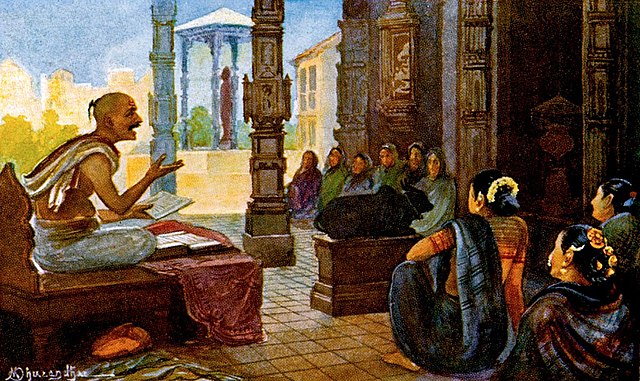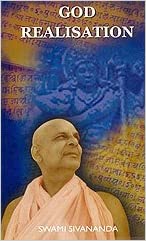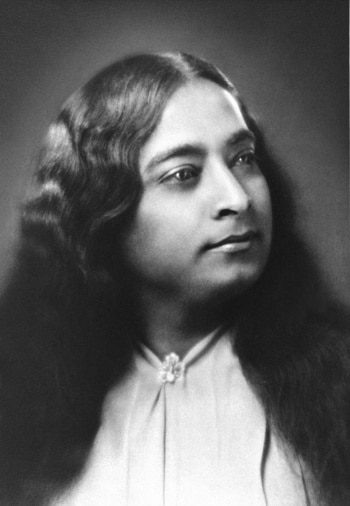December 31st each year is an important day in Sivananda Ashram. First, it is the anniversary of the installation of Lord Viswanatha in the temple by Gurudev’s holy hands. The worship celebrating this occasion will go on in the temple this morning until noon as it did 59 years ago when the murthi was brought up on the back of an elephant.
The second reason that December 31st is important is a reason in common with all the rest of the world. It is the end of an old year and the beginning of a new one—which signifies a change. And so our evening satsang will go till past midnight to allow time to think about change and the worldwide phenomena of making New Year resolutions about things we want to change.
This puts into focus the significance of the theme of our Christmas Retreat, Spirituality Means Change. And the essence of what is required was brought out yesterday in one of the talks. The essence is the willingness to change. That is what New Year resolutions signify: “I want to change this particular thing. I am willing and anxious to change.”
But here is where we must be very careful to distinguish between what we could call a secular willingness to change and a spiritual willingness to change. A secular willingness to change is the ego deciding that it doesn’t like something about itself which it wants to change, and, in some cases, is determined to change. Very often this is a worthy objective, but the fact is that at least 999 out of a 1000 News Year resolutions amount to nothing. Indeed by January 31st most people can’t even remember what their resolutions were. Therefore, there is an obvious flaw in the ego’s willingness to change because it doesn’t seem to be able to back it up with real change.
On the other hand, there is a spiritual willingness to change that is in a totally different dimension. Perhaps we could even call it a vertical dimension. It is the willingness to change that is based on surrender to God, on not knowing what changes are in our highest interest, and, therefore, waiting for God’s guidance. It is a whole attitude to life rather than a determination to change something about life. In fact, properly interpreted, willingness to change is the key to successful daily living as well as the spiritual life. It is an attitude of the heart. It stems from humility. It is an openness. It is a childlike attitude towards life.
If this can be nurtured in our heart, then our spiritual life has to be progressive, because this humble willingness to change leaves the ego aside; it is not ego-based. It has a spiritual base because it is in harmony with the universe. The universe means change. Being willing to change means that we want to be in harmony with the changing universe. It means lack of resistance.
In that there is no place for the arrogant ego that wants what it wants and causes all our problems. Being humbly willing to change will lead to the solution to any problem and will also bless us in the years to come with a progressive spiritual life.
[Fifth Early Morning Meditation Talk given during the Annual Christmas Retreat—Spirituality Means Change—in Gurudev’s sacred Samadhi Hall, Sivananda Ashram, Rishikesh.: http://www.dlshq.org/messages/bestresolution.htm%5D
















You must be logged in to post a comment.